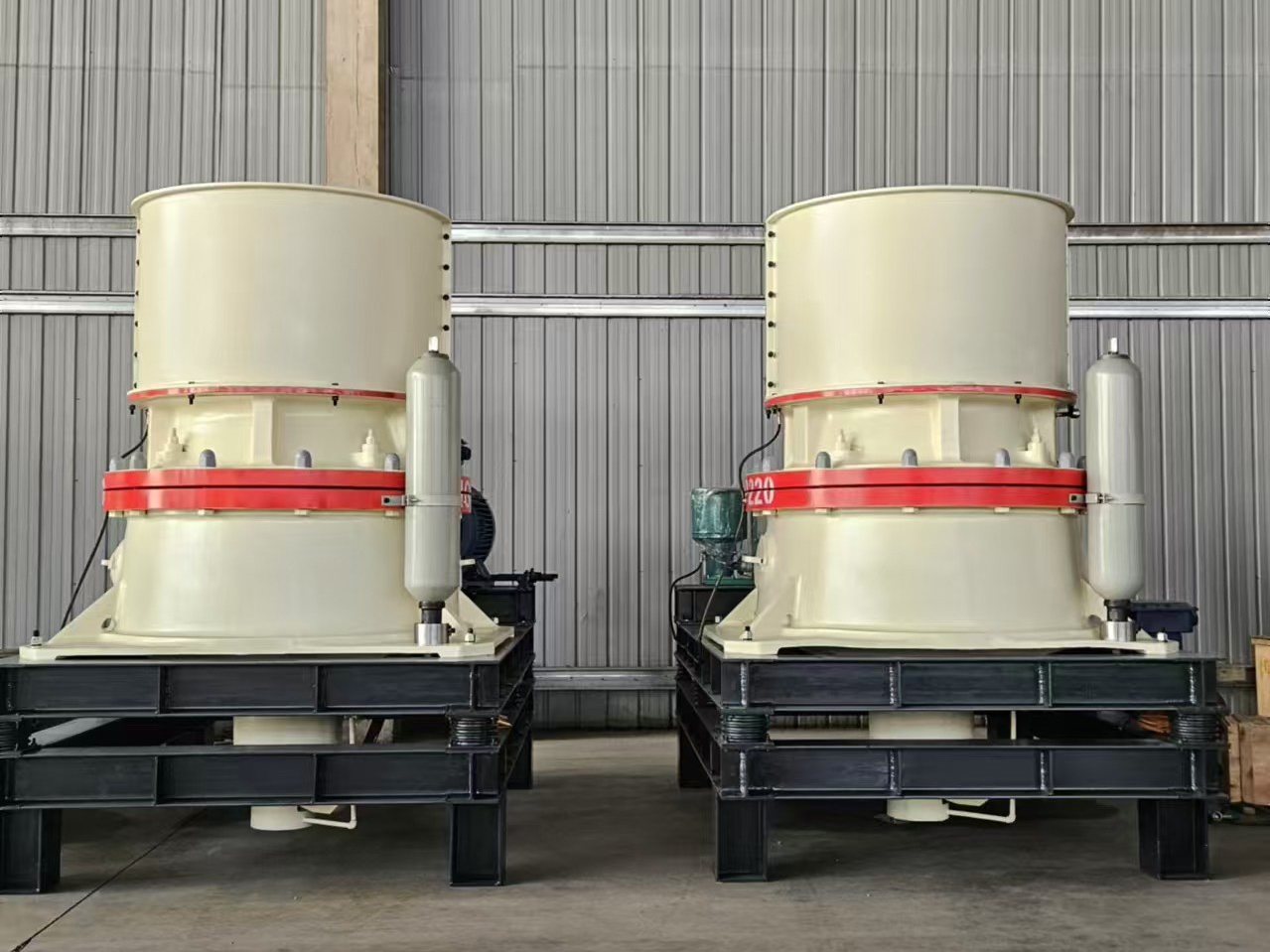Maximizing Efficiency: The Role of Cone Crushers in Secondary Crushing
Jul 03,2025

In the realm of manufacturing and processing machinery, particularly in crushing and screening equipment, cone crushers play a pivotal role in the secondary crushing stage. Designed to process materials that have already been through a primary crusher, these machines are engineered to produce high-quality aggregates and finer materials, making them essential for various applications in the construction and mining industries.
Cone crushers operate on the principle of compressing the material between a stationary cone and a moving cone. As rocks enter the crushing chamber, they are progressively crushed as the moving cone approaches and recedes from the stationary cone. This unique design allows for a more uniform particle size and improved shape of the output material, ensuring that the end product meets the required specifications.
One significant advantage of using cone crushers for secondary crushing is their ability to handle a wide range of materials. Whether it's hard rock, gravel, or recycled materials, cone crushers are versatile enough to accommodate different inputs while producing consistent results. This adaptability not only streamlines operations but also contributes to reducing downtime, allowing businesses to enhance productivity.
Another key benefit is the efficiency of cone crushers in terms of energy consumption. Modern designs incorporate advanced technologies that optimize performance and reduce operational costs. By employing features such as hydraulic systems for adjusting the crushing chamber, these machines can operate at peak efficiency, ensuring minimal waste and maximum output. This efficiency is further complemented by the ability to easily adjust the discharge settings, allowing operators to tailor the output size to meet specific project requirements.
Moreover, cone crushers are known for their reliability and durability. Built with robust materials and components, they are engineered to withstand the rigors of demanding environments. Regular maintenance and proper operation can significantly extend the lifespan of these machines, making them a wise investment for businesses focused on long-term productivity.
When considering the integration of cone crushers for secondary crushing, it's essential to evaluate factors like feed size, desired output, and material characteristics. Understanding these parameters can help in selecting the right model and configuration to maximize efficiency and performance.
In conclusion, cone crushers serve a crucial role in the secondary crushing process, providing manufacturers with high-quality output and operational efficiency. Their versatility, energy-efficient design, and durability make them a preferred choice in the industry. For businesses looking to enhance their material processing capabilities, investing in a reliable cone crusher can lead to significant improvements in both productivity and profitability.
Cone crushers operate on the principle of compressing the material between a stationary cone and a moving cone. As rocks enter the crushing chamber, they are progressively crushed as the moving cone approaches and recedes from the stationary cone. This unique design allows for a more uniform particle size and improved shape of the output material, ensuring that the end product meets the required specifications.
One significant advantage of using cone crushers for secondary crushing is their ability to handle a wide range of materials. Whether it's hard rock, gravel, or recycled materials, cone crushers are versatile enough to accommodate different inputs while producing consistent results. This adaptability not only streamlines operations but also contributes to reducing downtime, allowing businesses to enhance productivity.
Another key benefit is the efficiency of cone crushers in terms of energy consumption. Modern designs incorporate advanced technologies that optimize performance and reduce operational costs. By employing features such as hydraulic systems for adjusting the crushing chamber, these machines can operate at peak efficiency, ensuring minimal waste and maximum output. This efficiency is further complemented by the ability to easily adjust the discharge settings, allowing operators to tailor the output size to meet specific project requirements.
Moreover, cone crushers are known for their reliability and durability. Built with robust materials and components, they are engineered to withstand the rigors of demanding environments. Regular maintenance and proper operation can significantly extend the lifespan of these machines, making them a wise investment for businesses focused on long-term productivity.
When considering the integration of cone crushers for secondary crushing, it's essential to evaluate factors like feed size, desired output, and material characteristics. Understanding these parameters can help in selecting the right model and configuration to maximize efficiency and performance.
In conclusion, cone crushers serve a crucial role in the secondary crushing process, providing manufacturers with high-quality output and operational efficiency. Their versatility, energy-efficient design, and durability make them a preferred choice in the industry. For businesses looking to enhance their material processing capabilities, investing in a reliable cone crusher can lead to significant improvements in both productivity and profitability.
Hot Tags:
PREVIOUS:
Contact Us
E-mail:byunfei2000@gmail.com
Wechat/WhatsApp:+86 17324886663
WhatsApp:+86 18738568071
Address:No. 12 Industrial Road, Zhaipo Town, Xinxiang, Henan Province







